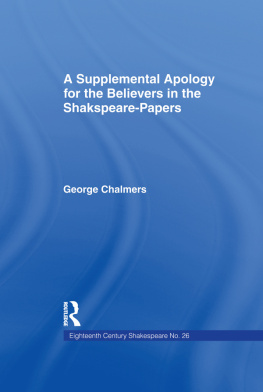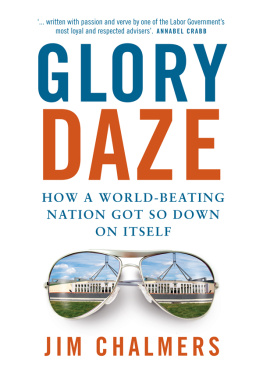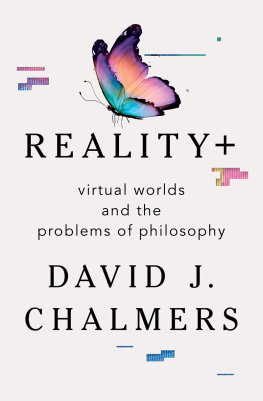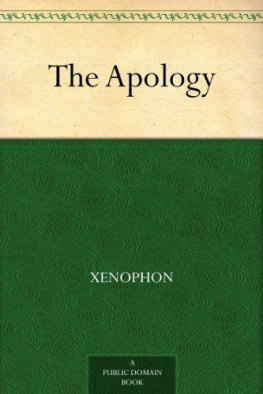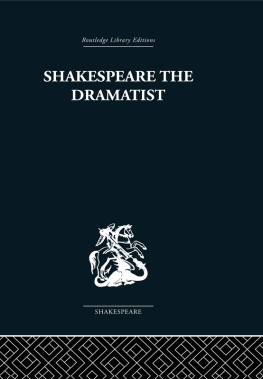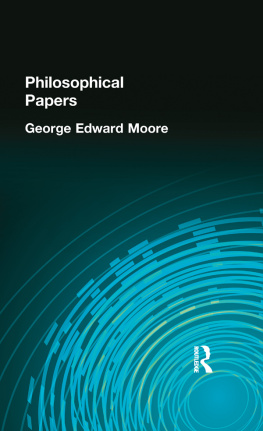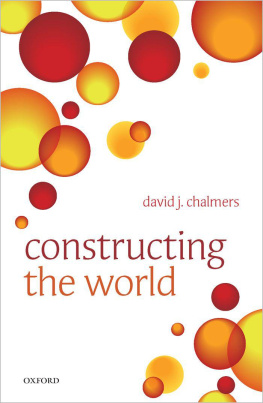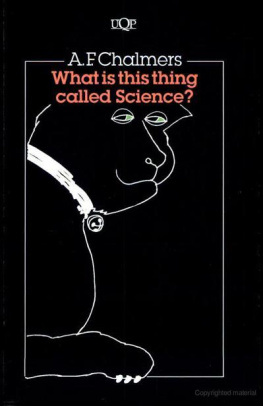EIGHTEENTH CENTURY SHAKESPEARE
No. 26
General Editor : Professor Arthur Freeman, Boston University
A
Supplemental Apology
FOR
THE BELIEVERS
IN THE
Shakspeare-Papers
A complete list of titles in this series
is included at the end of this volume.
First published 1971 by
FRANK CASS AND COMPANY LIMITED
Published 2013 by Routledge
2 Park Square, Milton Park, Abingdon, Oxon OX14 4RN
711 Third Avenue, N e w York, N Y 10017
1971 Arthur Freeman
All rights reserved. No part of this book may be reprinted or reproduced or utilised in any form or by any electronic, mechanical, or other means, now known or hereafter invented, including photocopying and recording, or in any information storage or retrieval system, without permission in writing from the publishers.
Publishers Note
The publisher has gone to great lengths to ensure the quality of this reprint but points out that some imperfections in the original may be apparent
ISBN: 978-0-714-62536-2 (hbk)
PREFACE
At the time of the appearance of George Chalmers Apology (1797) it was rumoured that Malone intended a full reply; but whether tired of the controversy, unable to make enough capital of the defects in the Apology, or simply discreet, no such answer forthcame from the author of An Inquiry. Steevens, however, reviewed the Apology without any attenuation of the peremptory if righteous condescension Chalmers had censured in the work under notice. Ignoring the bulk of Chalmers disputation, Steevens concentrates upon the apparent truism that when men confess themselves knaves, there is an end of Detection.
Quite sensibly Chalmers abandoned that sunken ship. A Supplemental Apology has little if anything to add to the Ireland controversy; it is instead an extension of the more general methodological principles set out in An Apology, carrying forth the investigation into miscellaneous new areas of antiquarian research. As satirist Chalmers is not always deft, but the mock dedication to Steevens is a successful beginning to a book rerely querelous, and rarely foolish or arbitrary. If Chalmers contribution to the progress of scholarly method (as opposed to antiquarian discovery or editorial service) is ever to be reassessed, the Supplemental Apology no less than the earlier Apology will independently stand among his most estimable achievements, perhaps eclipsing Caledonia and the bulk of his indefatigable output of tracts and pamphlets on no end of topics over fifty years of productivity.
An Appendix to the Supplemental Apology being the Documents for the Opinion that Hugh Boyd wrote Juniuss Lettersy appeared later in the same year, another massive but less successful assembly of fact and extrapolation, again independent and quite unrelated to Shakespearean affairs. The present reprint of A Supplemental Apology is prepared from an uncut presentation copy (to Sir John Scott, probably Lord Eldon) in the possession of the Publishers, dismantled by the General Editor, and compared with copies in the British Museum and at Harvard. It collates 4AZ8AaTt8, with no cancels, Tt8 containing the errata both for An Apology and for the present volume.
To GEORGE STEEVENS, F.R.S. S.A.
SIR,
I COULD not dedicate this work, which has for its principal objects the Studies of SHAKSPEARE, the Chronology of his Dramas, the History of the Stage, during his age, and of the Office of the Master of the Revels, to any one so fitly as to you, who are the oldest, I was going to say, the best, though not the immaculate% Editor of the Plays of our immortal Dramatist. For dedicating this work to you, I have another reason, which may be deemed rather undedicatory; While I was writing my Apology, you often declared, that I could not possibly know any thing of Shakspeare.
I was in the act of thanking you, for some communications, when I was assured, that you daily made such declarations, with threats of chastisement. You admitted, indeed, that the object of your obloquy was a good sort of a man; but you, constantly, asked, what can he know about Shakspeare? He has written very able Tracts upon Trade; but, what can he know about Shakspeare? He has written -in elaborate book of Political Annals; but, what can he know about Shakspeare? He has written several Lives, with knowledge, and elegance; but, what can he know about Shakspeare? In all his writings, he, certainly, gives us something new; new facts, and new principles; but, what can he know about Shakspeare? WE are, however, prepared for him ; we have our blistering plasters ready ; and WE will make him sore: we will teach him, by our Paragraphs, our Essays, our Epigrams, and our Reviews, what it is to write about what he cannot know.
But, you did not consider, that the man, whom you thus threatened, had been bred in the School of Adversity, and was not to easily to be made sore ; that he had written much, without the vain incitement of praise, or the empty hope of profit; and had become callous to monthly criticisms, weekly essays, and daily paragraphs; because he was no stranger to the motives of those, who penned them. You did not recollect, what Johnson had taught you, that an Author may write himself down, but cannot be written down by others, unless he be wanting to himself, He who endeavours well, and is, at the same time, indifferent alike to censure, or praise, needs not fear such cantharides as your shop supplies.
When I was told of your daily talk, I made, in my Apology, a few remarks on your Shakspeare, by way of intimation to your shrewdness, that I had heard of your threats, without being frightened from my purpose: But, I trusted to a sagacity, which I soon perceived you did not possess. And, I have been thus obliged to address much of this Supplement to you, as an apology, for presuming, like some of the Editors of Shakspeare, to write upon that immortal poet, without much knowledge of the subject; a subject, which few have made any pretensions to understand, without incurring reproach. You have lived to enjoy the consolation or perceiving, that every contest about Shakspeare has left the readers of that great poet, better instructed, in the nature of his studies, more filled with admiration at the extent of his genius, and better disposed to cultivate the rich garden of his poetry. Whatever there may be in this truth, I have no intention, I assure you, to interrupt any biographers purpose of publishing a new life of Shakspeare ; to inflame, by my labours, any Editors jealousy; to rouse envy, by anticipating discovery; or to provoke malignity, by successful perseverance, in making good my points, to renew insidious attacks agains me;
Maugre what might hap
Of heavier on himself.
G. C.
Contents
THE APOLOGY, to which this work is a Supplement, had not been long published, when an answer, a full answer, was announced by Mr, Malones authority. Yet, wife men said, that a book of documents, and facts, could not be answered, though it might be misconceived, and misrepresented; though the mistakes of haste might be noted, and the petty errors of the eye, rather than the understanding, might be magnified into bulk:



